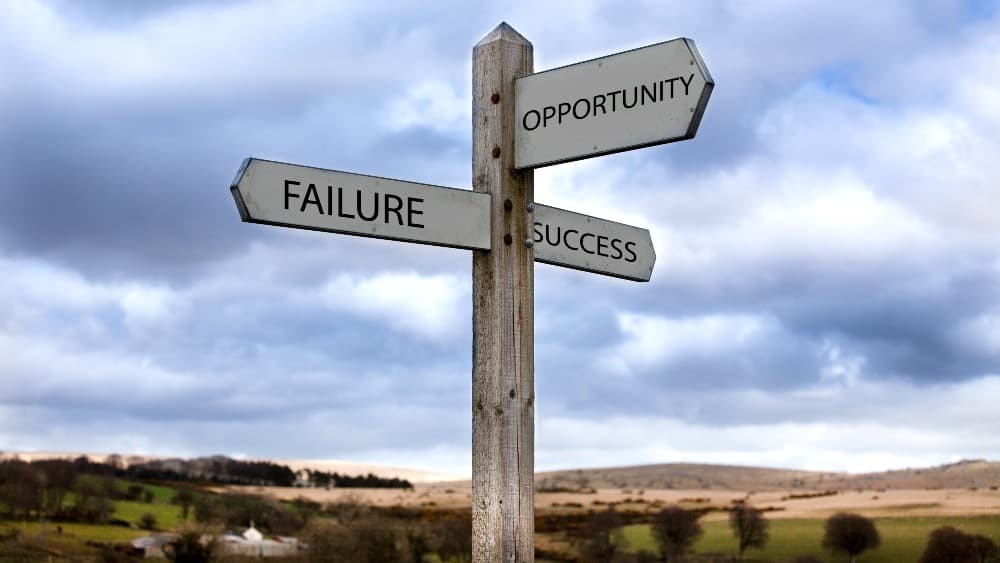Warren Buffett is one of the richest people on earth. His estimated net worth is about US$103 billion, which fluctuates with the price changes of the publicly-listed stocks he owns — primarily Berkshire Hathaway and its top holdings, including Apple, Bank of America, American Express, Coca-Cola, Kraft Heinz, Moody’s, Verizon, and more.
Multi-billionaire Mr. Buffett’s tips on how to build wealth are well worth refreshing our minds about periodically. Here are some tips I’d like to highlight.
Invest in yourself
When a student asked what area of investing he should be studying, Buffett replied, “For most people, the bulk of their income is going to come from earning power in their chosen profession. Therefore, from the standpoint of building wealth, free time is better spent sharpening one’s professional skills rather than studying investing.”
You’ll spend a big chunk of your life working. So, you’d better choose something you enjoy doing. Simply put, choose a career path you’re passionate about. If you’re passionate about what you do, it will be enjoyable, you’re likely to be better at it than others, and you’ll probably make more money. Take additional education as needed to advance your career. It could be in the form of volunteering or an internship to gain experience or taking courses or a part-time certificate program in your local college or university.
Warren Buffett shared how he got over the fear of public speaking by taking a US$100 college course, which was one of the best investments he made in himself. Effectively communicating with others in speech and writing is a useful and transferable skill to have for many professions.
Spend less than you make
The Oracle of Omaha once said, “You really don’t need leverage in this world much. If you’re smart, you’re going to make a lot of money without borrowing.”
Spending less than you make is a requirement to building wealth. If you always borrow to spend, you’ll be paying extra in interest expenses. Other than a mortgage, in most cases, it’s best not to have a lot of debt weighing on your shoulders.
Also, don’t look down on even the smallest expenses. Every expense adds up and ultimately affects how much you’re actually saving at the end of each month.
In any case, once you’ve built an emergency fund from your savings, you can direct your savings to wealth building.
Build wealth through investing
Online brokerages make it much easier and cheaper to invest in stocks. If you think $9.99 a trade is cheap, think again. (Small expenses add up, remember?) In the past three years, I averaged about 272 trades a year! If I traded for $0 commission, it would accumulate savings of about $2,717 annually. Assuming that amount was saved and invested for a very reasonable return of 7-10% per year, it would grow to $256,642-$446,917 in 30 years.
Indeed, nowadays, you can invest and pay $0 commission fees! You can invest for free with online brokerage Wealthsimple, whose parent company is Power Corporation of Canada.
Trading fees are one of those little expenses that add up and eat right into your savings and wealth. If you invest with Wealthsimple, you could save tonnes of fees. For people looking for a hands-off approach to investing, Wealthsimple provides robo-advising that automatically rebalances your portfolio, keeping it diversified across multiple exchange-traded funds (ETFs). Alternatively, if you have an interest in investing, you can try their commission-free trading platform.


